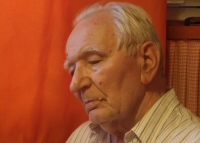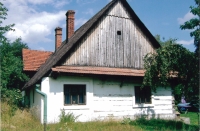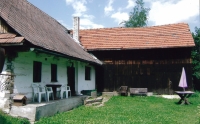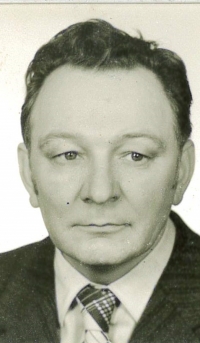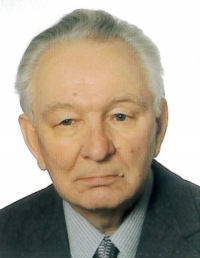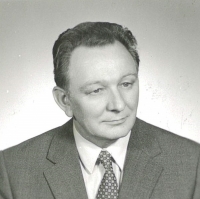I was two months sick because of the screenings. However, I did not send anybody to shovel

Download image
Ivan Kudělka was born on 1 June 1932 in Hodslavice in Moravian Wallachia to an evangelical family. As a child, he experienced mobilization in 1938, departure of soldiers from Sudeten and occupation of Czechoslovakia by German troops. The Kudělka family had a farm, so they did not suffer from hunger during the war. Retreating Germans were fleeing through Hodslavice in May 1945 and Soviet Army settled there after liberation. Ivan was affected by the fact that overeager Czechs vented their anger on German Evangelic priest, they damaged parish office and sent the priest to a people´s tribunal where he got a two-year sentence. The witness started to study at grammar school after liberation and at Mining University in Ostrava at the beginning of the 1950s. He worked there for several years as an assistant after graduation, then he started to work in Třinec Iron and Steel Works, switched to Tatra Kopřinice but then returned to Třinec. He joined the Czechoslovak Communist Party in Iron and Steel Works but not because of conviction but he says that it was so that communist did not make him problems at work. He and his second wife moved from Třinec to Česká Ves near Jeseník where he worked as director a of chain company. At the beginning of the 1970s, he had to, on the basis of his function, punish communists that had been deprived of their memberships in the party by transferring them to other positions. He worked as a chairman of the Town National Committee in Jeseník from 1976 to 1984, he among others solved problems concerning Soviet military garrison, drought, construction of deep sewerage system or epidemic of hepatitis. He switched to Federal Ministry of Metallurgy and Heavy Engineering in Prague in 1984 where he worked as an officer. He got retired in 1992. He was living in Prague in 2019.
